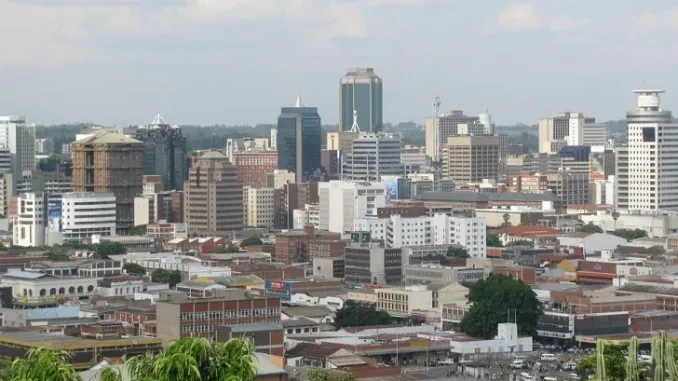
Zimbabwe is likely to miss out on the global commodity boom as production levels have remained subdued in most sectors of the economy, analysts have said.
According to Fiscal Monitor released by the International Monetary Fund (IMF) this week, despite the high international prices for minerals and fuel most emerging countries like Zimbabwe were yet to benefit from these and were likely to miss the boat.
Gold, platinum and silver have been fetching high prices in recent months buoyed by rising demand in the world’s largest consumers, notably China and India, whose economies are expanding at a fast pace.
Low-income countries have to contend with rising crude oil prices, partly due to the crisis in the Middle East. According to the bi-annual report, the outlook of emerging economies is favourable but this reflects in part the tailwinds of high asset and commodity prices, low interest rates and strong capital inflows.
However, analysts argue the country would miss out because of its fiscal policies, high interest rates and general lack of investment in the commodity sector.
Harare-based economist John Robertson said the prices for commodities such as cotton, gold and platinum were important to Zimbabwe.
He said gold production was half of what the country used to produce, while cotton prices have been surging.
The country expects to produce 300 000 tonnes of cotton this year up from at least 200 000 tonnes produced last year.
- Chamisa under fire over US$120K donation
- Mavhunga puts DeMbare into Chibuku quarterfinals
- Pension funds bet on Cabora Bassa oilfields
- Councils defy govt fire tender directive
Keep Reading
Robertson said the country was going to pay the penalty for products such as maize, soya beans and wheat that were not available on the local market.
“We have to pay a high price for maize prices. It’s our fault. We should be benefiting from all commodities but we have had a high deficit growth which has left us with no capacity to borrow,” Robertson said.
He said the country’s limited cash flow since it dollarised the economy in 2009 had been worsened by the negative impact of the indigenisation law.
The law has resulted in investors shunning to invest in the country.
“We have not built any momentum in terms of recovery except for the retail sector, but with products from other countries, mainly South Africa,” said Robertson.
“The recovery is very shallow we are a sub-emerging economy meaning we are producing less of what we used to produce.”
He said a slight recovery had been noted in the manufacturing and mining sectors although there has been few jobs emanating from that development.
IMF said emerging economies should use revenues that would be generated with favourable conditions to rebuild fiscal space rather increase spending in the near term.
Emerging economies are expected to tighten fiscal policy this year and rebuild on economies.
Brains Muchemwa, another analyst, said: “Having dollarised and without significant external and domestic debt financing arrangements, Zimbabwe is bound by such circumstances and cannot spend beyond what it generates.”











